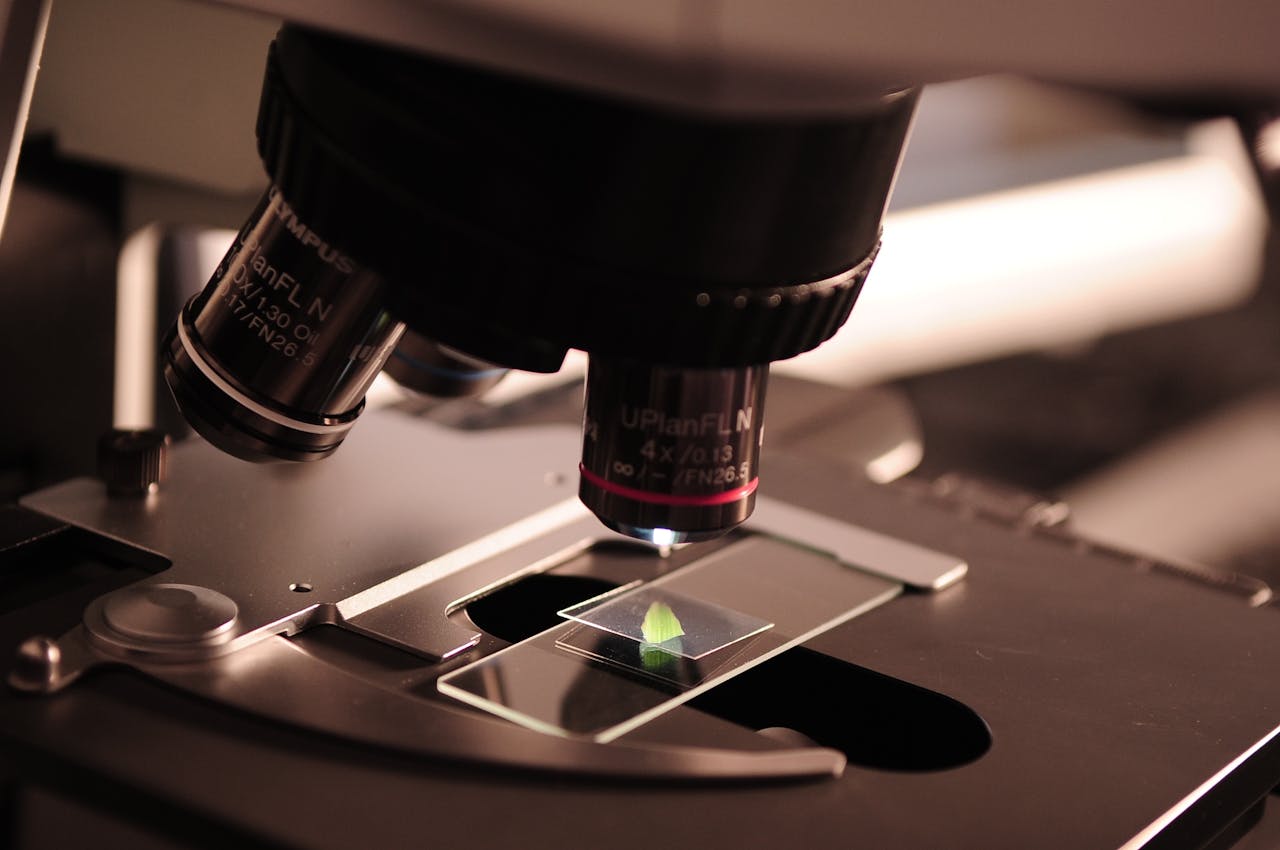The Scientific Method: Understanding How Science Works
The scientific method is a systematic approach to inquiry used by scientists to investigate natural phenomena, formulate hypotheses, conduct experiments, and draw s based on empirical evidence. It serves as the foundation of scientific research and discovery, guiding the process of understanding the world around us. Let's explore the key steps of the scientific method and how it works:


Observation
Curiosity and Inquiry
The scientific process often begins with observation, where scientists notice patterns, anomalies, or interesting phenomena in the natural world. This curiosity sparks questions and prompts further investigation.
Formulating Questions
Based on observations, scientists formulate research questions or hypotheses to explore specific aspects of the phenomenon. These questions serve as the starting point for the scientific inquiry.
Hypothesis
Proposed Explanations
A hypothesis is a tentative explanation or prediction about the observed phenomenon. It is based on existing knowledge, theories, and observations, and it can be tested through experimentation and observation.
Testable Predictions
A well-formulated hypothesis includes testable predictions that can be verified or falsified through empirical evidence. This allows scientists to design experiments to rigorously test the validity of the hypothesis.
Experimentation
Designing Experiments
Scientists design experiments to test the predictions generated by the hypothesis. Experiments are carefully controlled and manipulated to isolate variables and determine cause-and-effect relationships.
Data Collection and Analysis
During the experiment, scientists collect data and observations to measure the effects of different variables and conditions. Statistical analysis is often used to analyze the data and determine if there are significant differences or patterns.
Results
Interpreting Findings
After collecting and analyzing data, scientists interpret the results to draw s about the hypothesis. They evaluate whether the evidence supports or contradicts the predictions made by the hypothesis.
Peer Review
Scientific findings are subject to peer review, where other experts in the field evaluate the methodology, results, and s of the study. This rigorous process ensures the reliability and validity of scientific research.
Validating or Refuting Hypotheses
Based on the evidence gathered from experiments, scientists draw s about the validity of the hypothesis. If the results support the hypothesis, it may be accepted as a plausible explanation for the observed phenomenon. If the results contradict the hypothesis, it may be rejected or modified based on new evidence.
Iterative Process
The scientific method is an iterative process, meaning that it involves repeated cycles of observation, hypothesis formulation, experimentation, and analysis. Scientists continually refine their hypotheses and theories based on new evidence and insights, leading to a deeper understanding of the natural world.
Application of Scientific Method
Advancing Knowledge
The scientific method is used across various scientific disciplines to advance knowledge and understanding. From physics and biology to psychology and sociology, scientists use the scientific method to investigate phenomena, solve problems, and make discoveries.
Solving Real-World Problems
The scientific method is also applied to real-world problems and challenges, such as developing new technologies, addressing environmental issues, and improving public health. By systematically testing hypotheses and gathering evidence, scientists can develop evidence-based solutions to complex problems.


The scientific method is a powerful tool for understanding the natural world, solving problems, and advancing knowledge. By systematically observing, hypothesizing, experimenting, and analyzing data, scientists can uncover the underlying principles and mechanisms that govern the universe. It is through the rigorous application of the scientific method that humanity has made countless discoveries and innovations that have transformed our understanding of the world and improved our quality of life.












